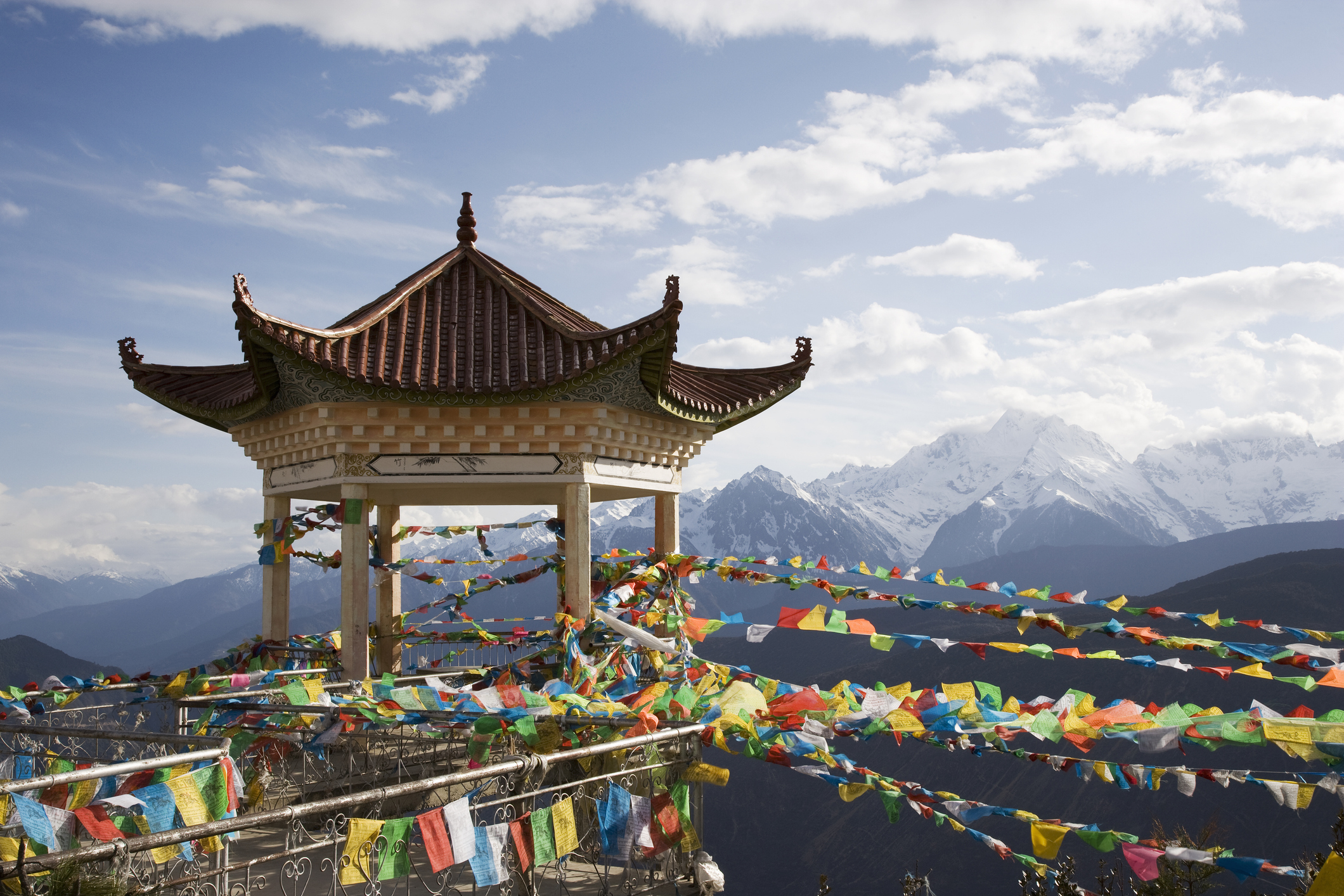Growing up on fascinating stories and faint memories, young Tibetan exiles strive hard to keep their culture and identity together in the North Indian town of Dharamsala as they yearn to return to their homeland.
These young Tibetans have only heard of Tibet and the Tibetan Independence movement championed by the 14th Dalai Lama through school education and the teaching of the monks.
But many say they plan to stick to their roots, preserve their identity and hope one day they can visit their homeland in China.
Living under the loving shadow of their spiritual leader, the Dalai Lama, tens of thousands of Tibetan exiles proudly talk of the richness of their culture, language and traditions and how they consciously work on keeping all of that alive even as they hear stories about the systematic wiping away of their customs by the Chinese authorities back home.
Dalai Lama fled to India after a failed uprising against Chinese rule in 1959 and has been living in the Himalayan town of Dharamsala for the past 65 years and has since worked to draw global support for linguistic and cultural autonomy in his remote and mountainous homeland.
Under his guidance, the community has set up schools where Tibetan language and customs are taught to the children from a very young age along with modern topics such as English, maths, science and computers.
Dalai Lama’s presence, and teachings help the young Tibetans stay connected to their ancient culture and inspire them to raise voices for a free Tibet where they would be allowed to practice their religion without any fear of persecution, many young Tibetans say.
Tenzin Lekshay, spokesperson of the Tibetan government in exile based in Dharamsala, told Reuters on Friday (June 21) that Tibetans in exile are the “voice of the voiceless Tibetans inside Tibet.”
However, the very thought of life after the charismatic leader saddens most young Tibetans who say they would resolve to follow in his legacy.
China considers the Dalai Lama a dangerous separatist, rules Tibet with a tough grip, and prohibits displays of his picture or any public display of devotion towards him.














